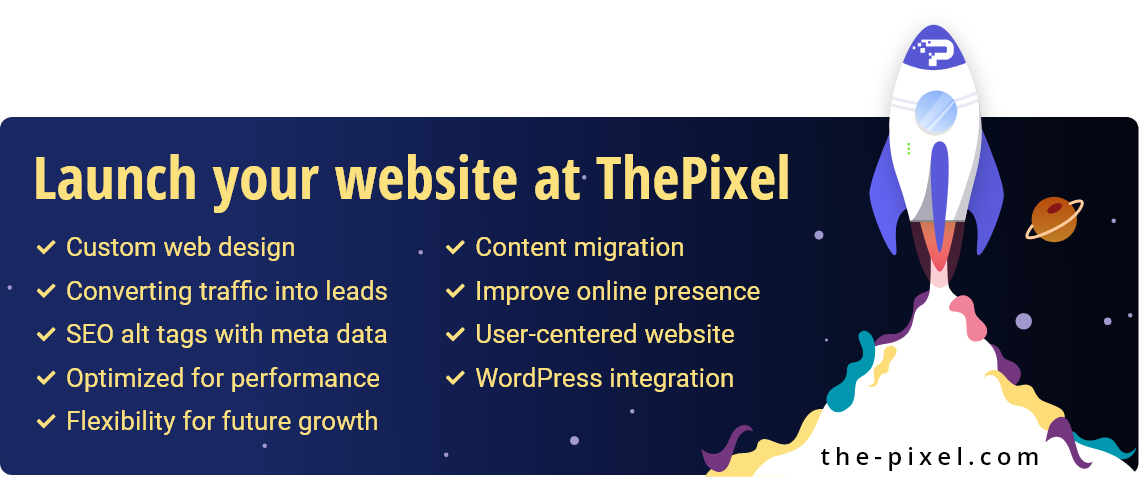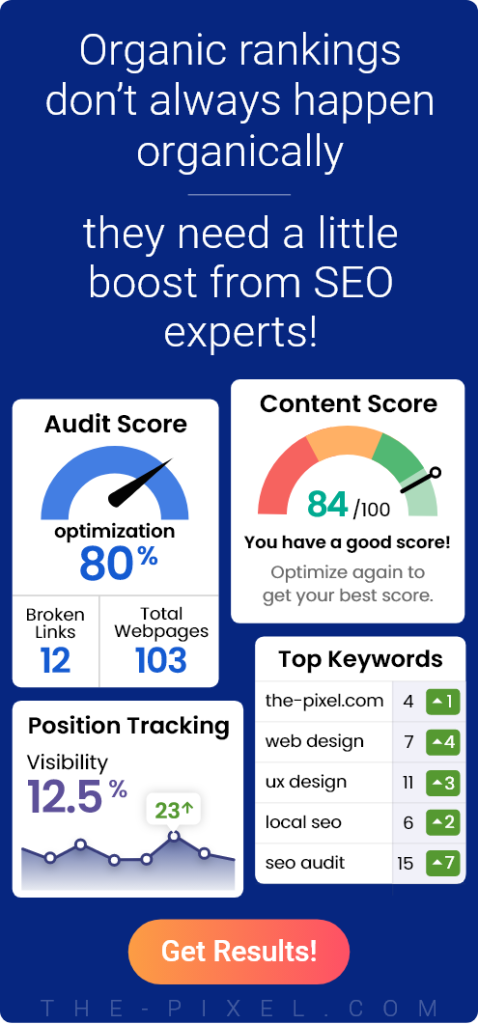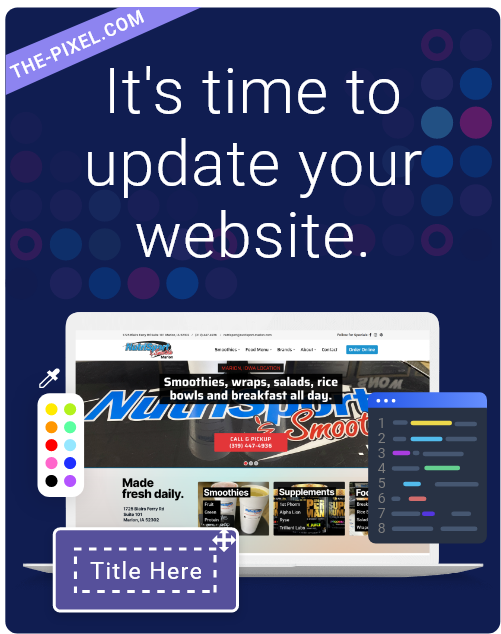On-Page SEO vs Off-Page SEO
On-Page SEO vs Off-Page SEO
Strategies and Tactics for SEO success
When it comes to a comprehensive SEO strategy, marketers know about the importance of on-page SEO tactics like optimizing meta tags, creating a keyword strategy, and anchor links.
Off-page SEO, or the strategies carried out away from your website, is just as crucial and often overlooked. If you’ve noticed your organic traffic declining, rising bounce rates, or lower time on page, it may be a signal you need to start monitoring your off-page SEO.
Curious? Take a look at on and off-page SEO and how to build your off-page strategy.
What is On-Page and Off-Page SEO?
On-page SEO, as mentioned above, involves optimizing your website’s content for users and search engines. It involves elements like:
- title tags
- meta descriptions
- H1s
- internal links
- keywords
- keyword phrases
- informative content
Essentially, anything that happens on your site that enables a high-ranking search result is on-page SEO.
On the other hand, off-page SEO is any tactic you don’t perform on your website that can help it rank higher in search rankings. Many digital marketers think off-page and link building are synonymous, but other off-page strategies also play a crucial role in driving organic traffic.
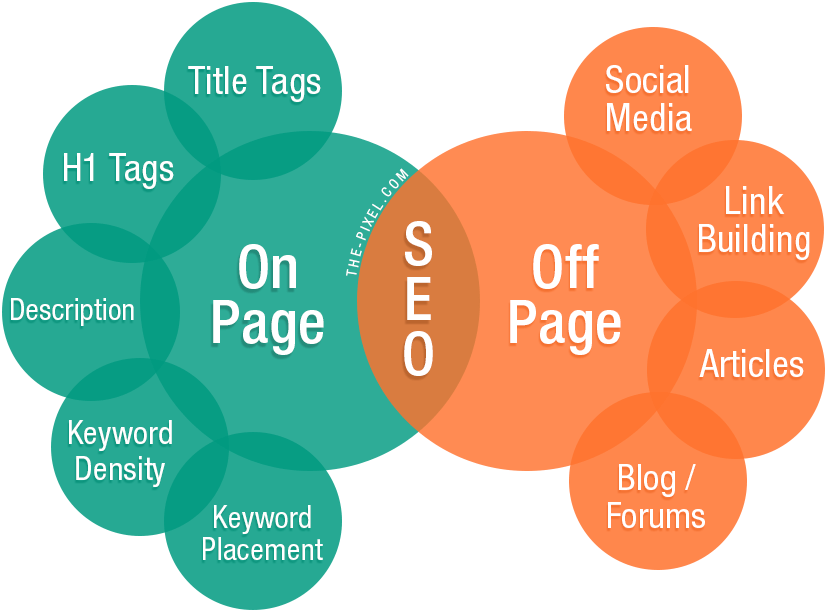
Content Marketing
Building an authoritative brand is critical to off-page SEO. You can do it through strategic content marketing – but remember, do it away from your site! Try guest blogging or co-branding an infographic, survey, whitepaper, or other pieces of material. Whatever you may do for your internal content marketing, you can do externally. Both are important, and both factor into your SEO performance.
Reviews
When was the last time you purchased a product or service from a one-star-rated company? Never, right? That’s because your online reputation matters. Online reviews impact people’s buying decisions, making them an underrated part of your off-page SEO. Just think about shopping via Google. The brands or businesses with the highest ratings often show up first. If you want that for your company, then be sure to ask for reviews when you can and always provide a service that deserves a five-star comment!
Social Media
Social media, in essence, is another type of search engine, so treat it as such. Use your keywords on social media, share helpful links, and engage with your users meaningfully and professionally. After all, there’s a high probability that that 97% number includes your own audiences.
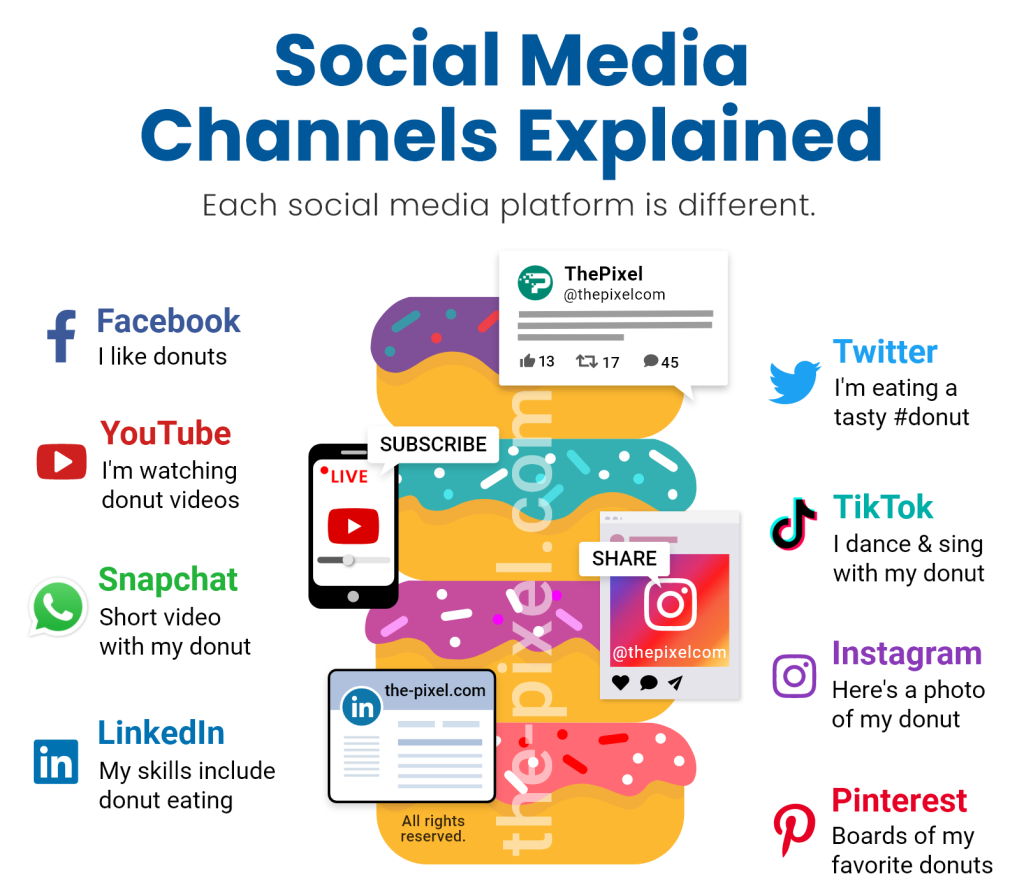
Link Building
While obviously not the only part of off-page SEO, links have become ranking signals to Google of authority, trust, and expertise. Google assumes sites will link to the most relevant, helpful, and complete information on a given topic. Many of these links are gained organically, but some include link-building activities like the previous examples of guest blogging and co-marketing.
It’s important to note that not all links are created equal. Links from higher domain authority sites have more power than those from less reputable sites. Therefore, if your domain authority is 40, you’ll only really want inbound links from sites with domain authorities of 40 or higher.
Similarly, certain types of links carry more weight than others. For instance, links in the body copy of a webpage vs. in a sidebar are more meaningful to search engines. And, there is evidence that link variety (links from various domains) is a good thing. The anchor text used on the link is also vital, with branded and natural language links being favored. Lastly, where links come and go is also essential. Links to and from a homepage may have more impact than links to and from deep internal web pages.
Conclusion
Like on-page SEO, link building, content marketing, reviews, and social media are part of your SEO strategy. It’s a crucial way search engines measure peer influence, authority, and trust. However, it should be closely monitored by marketers who are committed to ongoing optimization based on data and changing algorithms.
Hire ThePixel to build your next website!
Since our founding in 2008, we’ve created and launched many types of business websites. Over the last decade and we’ve learned a thing or two! That’s why we’re masters of our craft, let us help you build the website of your dreams – one that generates traffic, leads and conversions.
Are you ready to start? If yes, contact ThePixel and one of our representatives will guide you through the website phases and how the process works either by a Zoom Meeting or phone.
